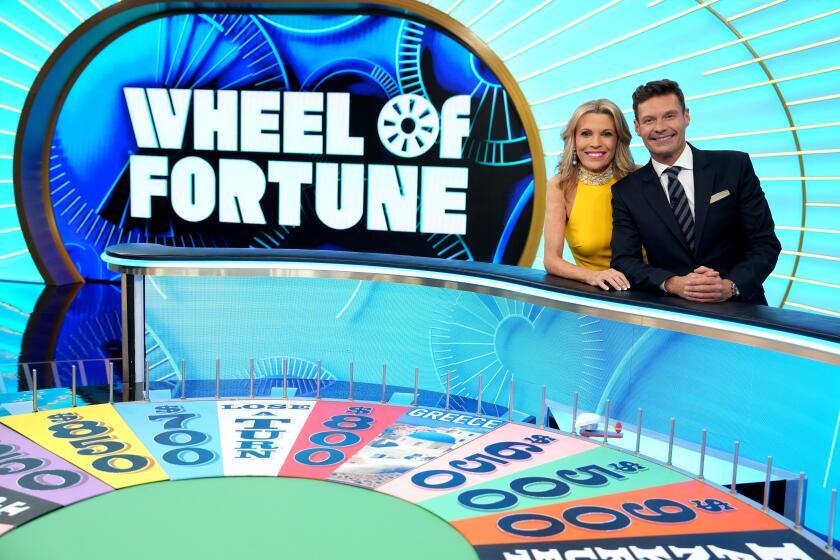Time Warner Cable gets what’s coming to it
We hate to kick a company when it’s down, unless it’s a cable company. Especially if it’s Time Warner Cable, which ruthlessly used its customers as hostages last summer in a knock-down, drag-out battle with CBS over cable retransmission fees.
Remember that time? The cable firm turned off access to all CBS network programming, as well as Showtime, the CBS-owned premium cable channel. It refused to to compensate subscribers for the loss of the network programming, though it rebated a few bucks for Showtime, which customers pay extra for. The blackout lasted 30 days, ending just before the pro football season started with games on CBS.
That was pretty much what experts thought would happen, which meant Time Warner Cable put its subscribers through the wringer to end up more or less where it began. Its strategy in the standoff was so successful that House Republicans replicated it almost exactly in their shutdown of the government a few weeks later, with pretty much the same result.
REMINDER: The new food stamp crisis that just hit the needy
So we should all be very pleased at the news that the toll of this stunt on Time Warner was devastating. The cable service lost 306,000 customers in the third quarter of this year, far more than anyone expected. Its rebates cost $15 million, and profit fell 34% from the same quarter last year.
Tough, Time Warner Cable. That’s better than you deserve.
We should stipulate that CBS didn’t slather itself with glory in this showdown. the company cut off online access to video on its websites to Time Warner Cable Internet customers, many of whom don’t subscribe to the cable firm’s video service. If there’s a scary aspect to Time Warner Cable’s financial results, it’s that they put more power in the hands of the broadcast providers. Put it all together, and neither of these Capulets or Montagues demonstrated the merest concern for the people who provide their revenues -- the customers.
But Time Warner Cable is the entity that serves the viewers directly. The firm collects our money, uses its cable offerings to pitch us telephone service, and makes the claim that it’s always there for us. Time Warner Cable is the firm that comes into our homes. It has a special responsibility to customers as a service provider, and it should have expected to get whacked by customer fury.
The lessons of this affair that I identified during the blackout are still relevant. What it pointed to was an abject failure of telecommunications regulators in Washington, who have stood stupidly by as mergers in the cable industry and between cable firms and content providers put the public interest at risk.
Things are likely to get worse before they get better, because Washington responds only to money, and the cable and broadcast industries still have pantsfuls of that. Time Warner Cable showed during the blackout that it feels no responsibility toward its customers when its own profits are at stake. Yet its near-monopolization of Internet data services in the regions where it holds its franchise continues to stand.
Those of us who are dependent on Time Warner Cable for online access have reason to fear its mindset. The members of the Federal Communications Commission, who have jurisdiction over this heedless behemoth, need to reconsider their practice of treating it like just another commercial entity. It’s not. The necessity of data services for the way we live today makes it a utility, and the idea that a utility can unilaterally black out customers is abhorrent.
More to Read
The biggest entertainment stories
Get our big stories about Hollywood, film, television, music, arts, culture and more right in your inbox as soon as they publish.
You may occasionally receive promotional content from the Los Angeles Times.











